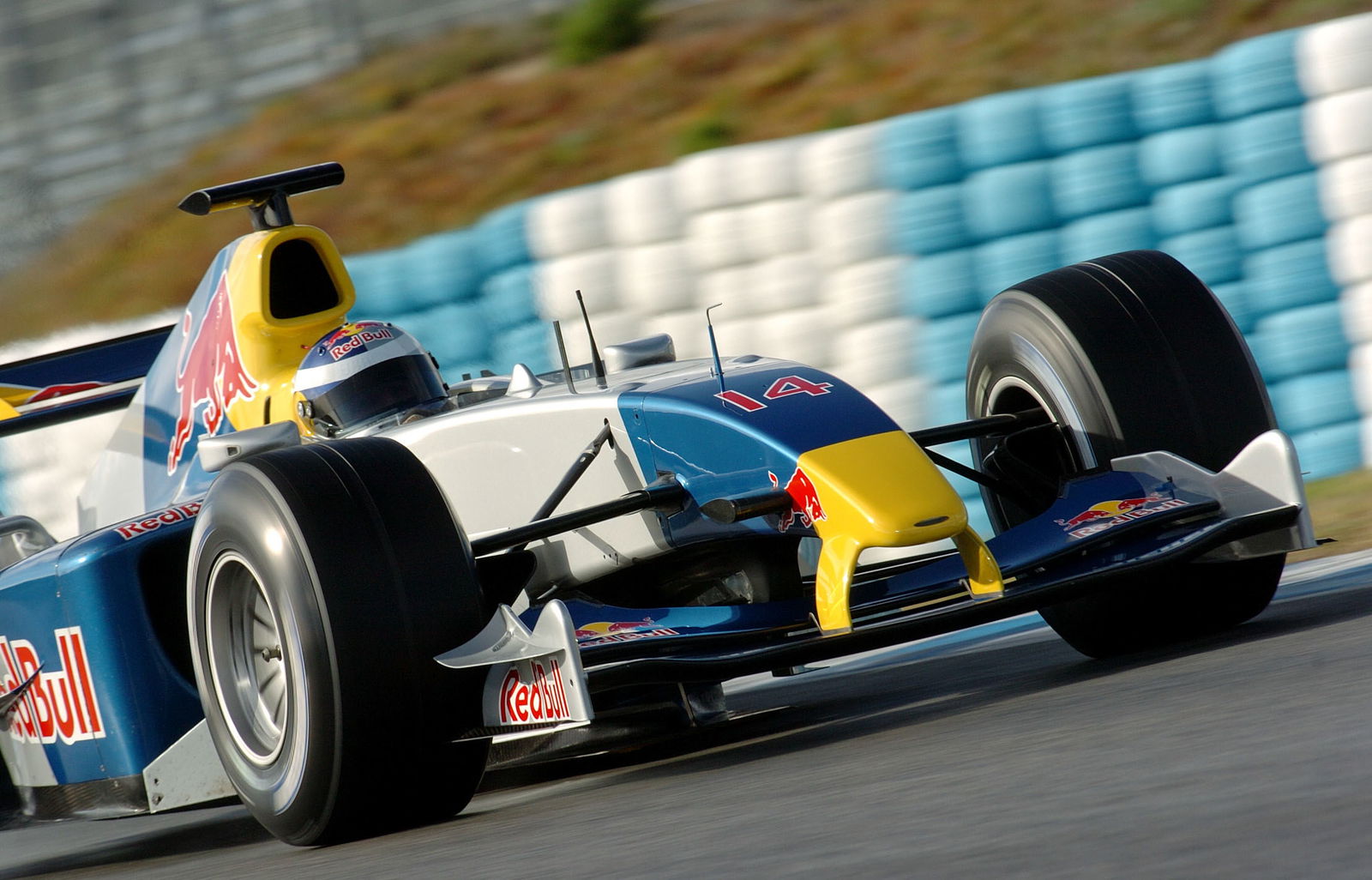Bartoletti: 'Coke' quotes taken out of context.
The doctor alleged to have claimed that a third of Formula One drivers had used cocaine has responded by saying that his comments were taken out of context in order to create a 'sensational' headline at a quiet time of year for the sport.
Benigno Bartoletti was in charge of medical affairs at the Ferrari team for 20 years, between 1972-92, as well as having links with both the Fiat and Lancia rally teams.
The doctor alleged to have claimed that a third of Formula One drivers had used cocaine has responded by saying that his comments were taken out of context in order to create a 'sensational' headline at a quiet time of year for the sport.
Benigno Bartoletti was in charge of medical affairs at the Ferrari team for 20 years, between 1972-92, as well as having links with both the Fiat and Lancia rally teams.
The Italian was one of the first to studying athletes' diets, arriving at somewhat revolutionary theories that certain 'aromatic beverages' favoured the vision of drivers, especially those involved in rallying. He is currently engaged with Alfa Romeo's motorsport activities, but his alleged words created a furore among F1 folk, as well as the wider motorsport world.
It transpires, however, that sections of an interview conducted by Quattroruote magazine - and yet to be published - had been 'misinterpreted' by an Italian news agency, giving rise to a story which flashed around the globe. Bartoletti apparently sought to immediately clarify the matter, but, the agency in question has yet to print a contradiction to its original piece.
"Whoever has taken my statements has amused themselves by changing the sense of the piece, and has playing with the phrases that have certainly caused some sensation," Bartoletti told corsanews.com, "I have said only that, without doubt, the world of motorsport can be at risk of doping offences. Anabolic steroids would be no use at all and, if there is a doping case, it would more likely be achieved with cocaine-type substances - that is to say substances that give you a 'private motivation' and over a short period of time, maybe an hour or two, not more.
"I only expressed a doubt, a supposition, without some specific reference. But, if we want to remove that doubt, we would need to carry out obligatory anti-doping controls in a serious way, and extend it to all championships. Only then, will it be seen whether the doubts turn out to be pure hypothesis."
Venezuelan cardiologist Bruno Burger, who sits on the FIA's medical board, expressed surprise at the comments attributed to his counterpart in Europe, pointing to the results of hundreds of existing anti-doping control tests, which had failed to produce one positive sample, let alone one for cocaine, in the past season.
Indeed, the only top level driver to fall foul of the checks in recent years was F3000 frontrunner Tomas Enge, who lost the 2002 title due to traces of marijuana in a sample taken after a race in Hungary.
Burger made specific reference to evidence that contradicted the supposition that cocaine produced a 'supposed advantage', while new Williams-BMW driver Mark Webber said that he thought the story, which appeared over the New Year period, was one of the 'funniest' he had seen in his time as an F1 pilot.
"All the drivers that I know would be delighted to provide a sample for analysis at any moment," the Australian said, "And that is what the FIA asks."
In short, the story shows that, maybe, it is not the use of drugs that needs careful policing, but the mis-use of quotes.
